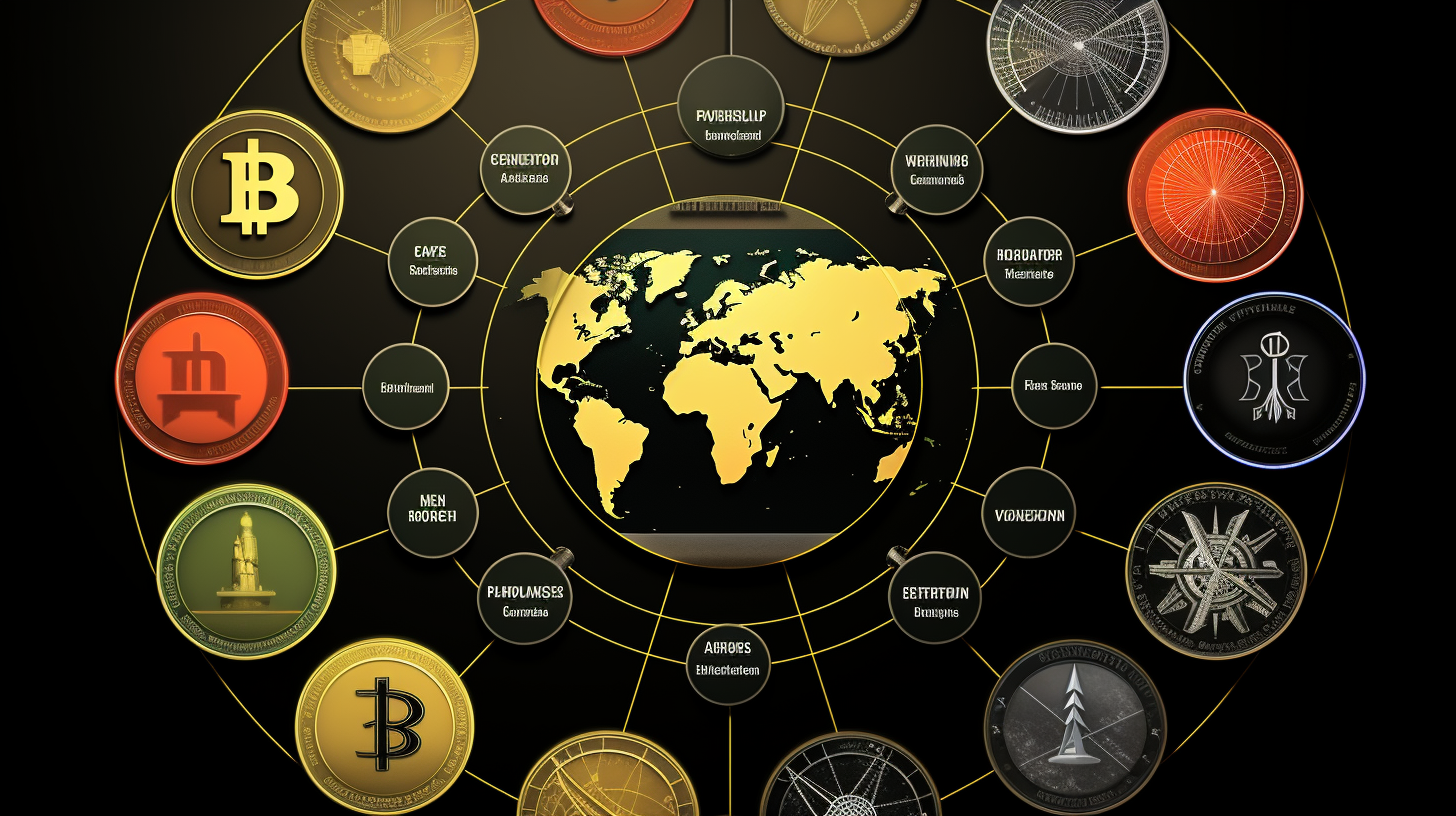Imagine waking up in a world where the morning news doesn’t feature central banks making monetary policy decisions, but rather smart contracts automatically adjusting economic parameters. Trade agreements are no longer signed by world leaders, but by distributed autonomous organizations (DAOs), functioning on consensus mechanisms. Welcome to the era of crypto governance, where the concept of a nation is not bound by physical territories but by the shared ledger of a blockchain.
It may sound like a plot smothered in the realms of science fiction, yet this is becoming an emerging reality in the blossoming world where cryptocurrency is king. Decentralized nations are no longer a futuristic idea but a groundbreaking movement that is redefining democracy and governance in the digital age.
The cornerstone of a decentralized nation is the DAO, a form of investor-directed venture fund. These virtual countries are governed by consensus, not by a sovereign, resulting in a radical shift from the top-down model of old-world states to a horizontal, inclusive framework. In these nations, every citizen is an equal stakeholder, holding the power to propose, vote, and implement changes within the electronic borders of their digital homeland.
Breaking Down Borders
One pertinent example of this new governance form is Esthonia-E-Residency, where individuals can become e-residents and participate in the economy without being physically present. In our decentralized world, such pioneering moves have become the norm. Borders are becoming obsolete. Decentralized nations offer people unhindered by geography the chance to participate in the governance and economies of communities aligned with their ideologies and interests, rather than their locations.
Currency as a Social Glue
In this parallel reality, cryptocurrencies aren’t just mediums of exchange but the social glue of these nations. Bitcoin, Ethereum, and other altcoins serve as both currency and constitution, dictating how these economies and their linked societies function. Consider a nation running on Bitcoin; your economic status, political power, and societal roles all hinge on the number of satoshis you control. The blockchain becomes the ledger of not just financial transactions, but of societal structure itself.
Challenges Ahead
The transition from fiat to crypto hasn’t been seamless. Questions about security, stability, and inclusivity remain hot issues. Cybersecurity has taken on national importance. With all assets digitized, the specter of hacking and cyberwarfare looms large over our encrypted horizons. Additionally, the volatility of cryptocurrencies poses a formidable challenge to economic stability. Governments, or rather governance protocols, are experimenting with DeFi mechanics to mitigate such issues while ensuring fair access to all citizens.
Innovations Galore
Yet, with challenges come innovations. The use of stablecoins pegged to digital baskets of goods and decentralized insurance pools are just two examples of the robust technical creativity these nations have spurred. Election processes, once susceptible to manipulation, are now transparent and immutable thanks to blockchain tech. Smart contracts ensure that legislative changes are only implemented once a majority consensus is reached, preventing undue influence by any single entity.
The Global Impact
The impact of decentralized governance extends beyond finance and politics.
- International Trade: Global supply chains are tracked transparently on blockchain ledgers, reducing fraud and increasing efficiency.
- Environmental Accountability: Carbon footprints are calculated in real-time, with blockchain-enforceable accords.
- Education and Innovation: Knowledge sharing and entrepreneurial activities thrive in a borderless digital economy, leading to rapid technological advancements.
The story is still unfolding, and the cryptocurrency Odyssey continues. Decentralized nations are scripting a new chapter in the annals of governance, and the world watches with bated breath as these bold experiments in self-sovereignty and collective decision-making redefine power, politics, and people’s lives.
